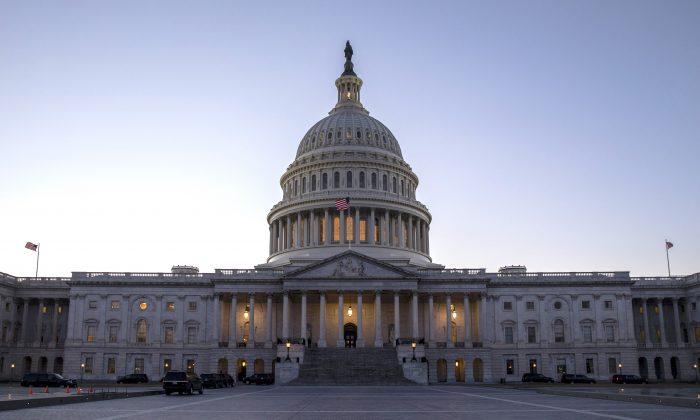A bipartisan group of experts on congressional reform told Congress on Nov. 20 that it must enlarge its staff significantly and pay them more.
Congress has to make fully informed judgments on proposals put forth by the executive branch and lobbyists, the Task Force Project on Congressional Reform (TFPCR) explained in a report. But Congress won’t be able to do that if its staff is much smaller and less experienced than the executive branch’s or lobbyists’ staff.





